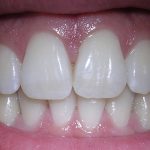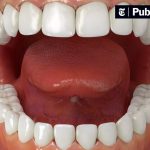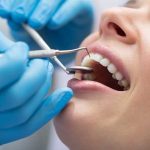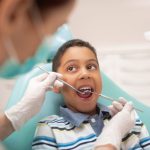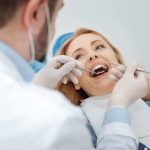Top Tips: How to Brush Your Puppy’s Teeth for Optimal Dental Health
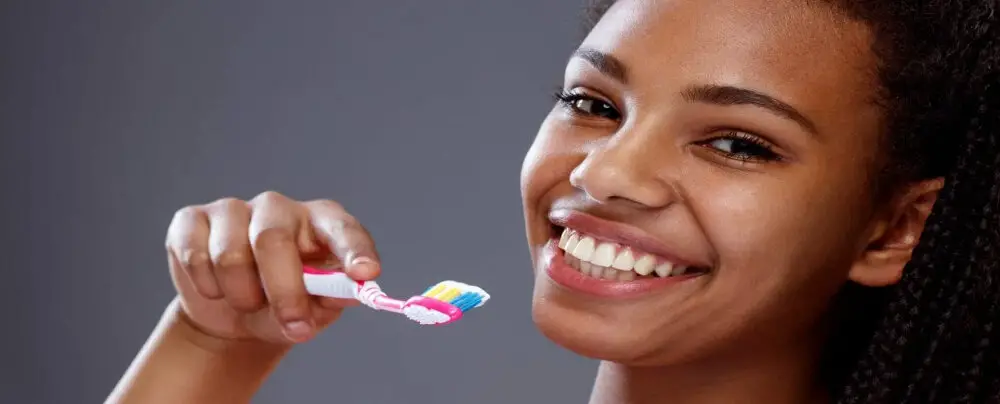
As a responsible pet owner, it is essential to prioritize your furry friend’s dental health. Just like humans, dogs can suffer from various oral problems such as bad breath, tooth decay, and gum disease. While regular visits to the veterinarian are necessary, brushing your puppy’s teeth at home can prevent the buildup of plaque and bacteria and contribute to optimal dental health. However, many pet owners find it challenging to brush their puppy’s teeth, and their furry friends may not always cooperate. In this article, we will provide top tips to help you brush your puppy’s teeth effectively and efficiently. Firstly, it is crucial to choose the right toothbrush and toothpaste for your puppy. Avoid using human toothpaste as it contains ingredients that can be harmful to your furry friend’s health. Instead, opt for a dog-specific toothpaste that does not contain fluoride or xylitol. Additionally, choose a toothbrush that is specifically designed for dogs and has soft bristles to avoid injuring their delicate gums. You can also consider using a finger brush or a dental wipe if your puppy is not comfortable with a toothbrush. By selecting the right tools, you can make the brushing process more comfortable and enjoyable for your furry friend.
Brushing your puppy’s teeth is essential to maintaining their oral hygiene and overall health. Just like humans, dogs are prone to dental problems such as cavities, gum disease, and bad breath. Regular brushing can help prevent these issues, as well as reduce the risk of more serious health problems. Bacteria from dental infections can spread to other parts of the body and cause infections in the heart, liver, and kidneys. By incorporating regular tooth brushing into your puppy’s routine, you can ensure that they have healthy teeth and gums, fresh breath, and a longer, happier life.
Good dental hygiene is crucial for dogs as it helps prevent a variety of oral health problems such as gum disease, bad breath, and tooth decay. Brushing your puppy’s teeth on a regular basis can help remove plaque and tartar buildup and reduce the risk of tooth loss and painful dental infections. Moreover, good dental hygiene can have a positive impact on your dog’s overall health, as untreated dental issues can lead to more serious health problems, including kidney, liver, and heart disease. By practicing good dental hygiene, you can help ensure that your furry friend has a healthy and happy life.
Start Slowly
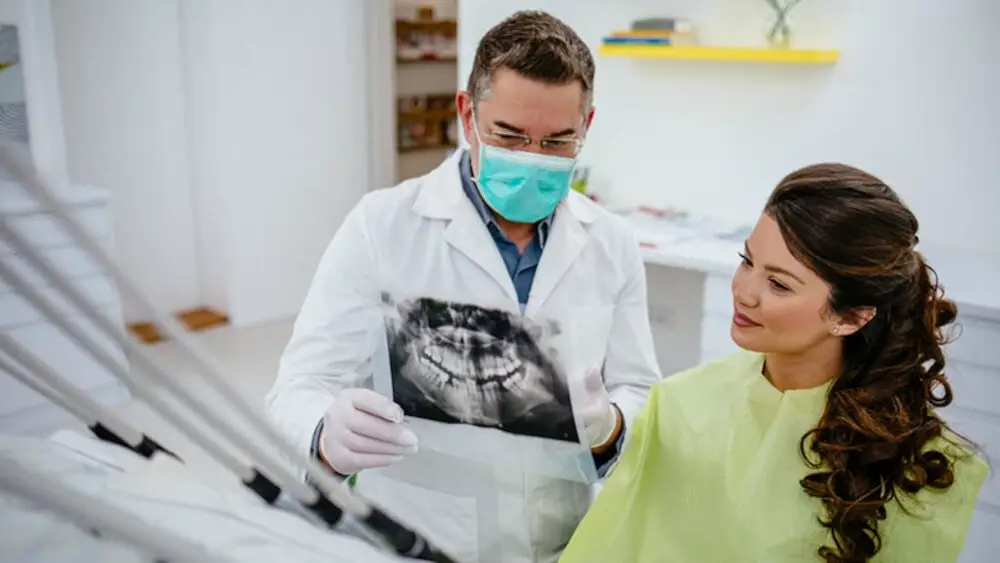
Starting slowly is one of the most important tips when it comes to brushing your puppy’s teeth. A puppy’s teeth are sensitive, and they may not be accustomed to brushing. Therefore, it is crucial to introduce the process gradually to avoid making your puppy uncomfortable or anxious. Start by rubbing your finger gently on their gums and teeth. This will help them get used to the feeling of having something in their mouth. After they are comfortable with this, you can start introducing a soft-bristled toothbrush. Remember to use only a toothbrush and toothpaste made explicitly for dogs. Brushing your puppy’s teeth can be challenging, but it is essential for their overall health. Starting slowly will help you build a bond with your puppy and make them feel comfortable with the process. It is also essential to be consistent and brush their teeth regularly to prevent dental problems, such as gum disease and tooth decay, in the future. With patience and perseverance, you can make brushing your puppy’s teeth a positive experience for both you and your furry friend.
Introducing your puppy to toothbrushing can be a daunting task, but it is essential for their dental health. Start by getting your puppy used to having their mouth touched and examined. Use your fingers to gently rub their gums and teeth to get them comfortable with the sensation. Next, introduce them to the toothbrush, allowing them to sniff and investigate it. Apply a small amount of dog toothpaste to the brush and let them lick it off. Then, begin brushing their teeth with gentle circular motions, starting with just a few teeth at a time. Gradually increase the amount of teeth you brush each day until you can brush their entire mouth. Make sure to praise and reward your puppy throughout the process to help them associate toothbrushing with positive experiences.
Introducing your puppy to the process of teeth brushing can be a challenging task, but with a few simple tips, you can make it a comfortable experience for your furry friend. Firstly, start by handling their mouth gently and rewarding them with treats to create a positive association. Secondly, introduce a soft-bristled toothbrush and toothpaste designed for dogs and let them sniff and taste it before brushing. Gradually increase the duration and frequency of brushing, always being gentle and patient. Finally, end each session with a reward and lots of praise, making it a positive experience for your pup. With consistency and patience, you can make teeth brushing a routine part of your puppy’s dental care and ensure optimal oral health for your furry friend.
Choose the Right Tools
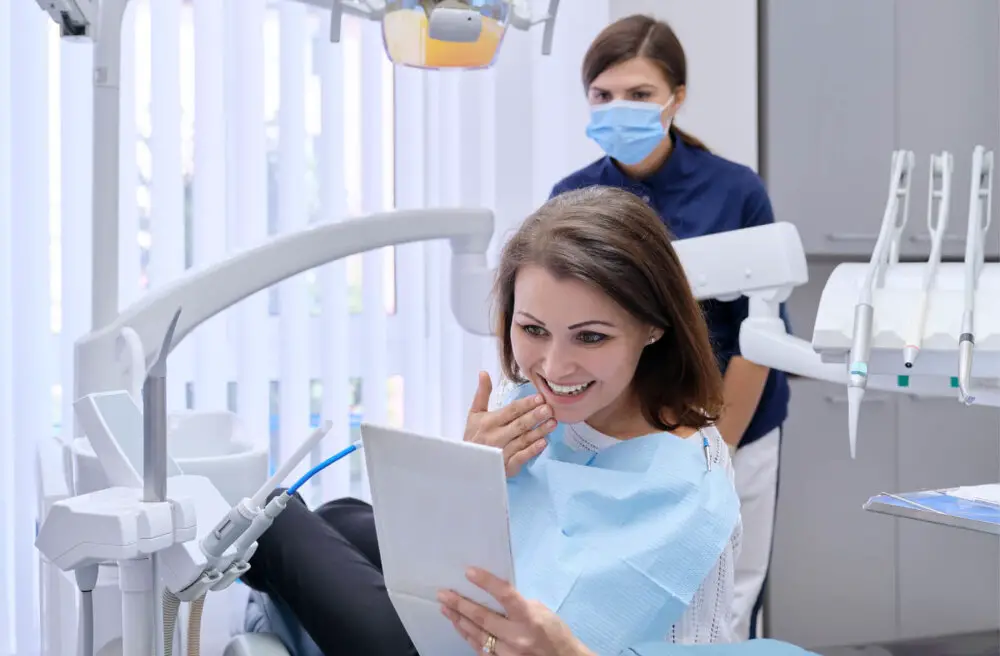
Choosing the right tools for brushing your puppy’s teeth is crucial for optimal dental health. There are several options available in the market, but selecting the appropriate one can make all the difference. One of the best tools for brushing your puppy’s teeth is a soft-bristled toothbrush specifically designed for dogs. These toothbrushes are gentle on your puppy’s teeth and gums and come in various sizes to fit different breeds. Additionally, you can also opt for finger toothbrushes that allow you to clean your puppy’s teeth with your finger. These toothbrushes are ideal for puppies who are new to dental care and may not be comfortable with a traditional toothbrush. Apart from toothbrushes, you can also use dental wipes or pads to clean your puppy’s teeth and gums. These are convenient options for puppies who may not tolerate brushing with a toothbrush. Dental wipes come with a textured surface that helps to remove plaque and tartar, making them a great alternative for cleaning your puppy’s teeth. However, it’s essential to choose a product that’s specifically designed for dogs and doesn’t contain any harmful ingredients. Ultimately, selecting the right tools for brushing your puppy’s teeth can make the process more comfortable and effective, ensuring optimal dental health for your furry friend.
Choosing the right toothbrush and toothpaste for your furry friend can make all the difference in their dental health. There are a variety of toothbrushes available for dogs, including finger brushes, traditional toothbrushes, and even electric toothbrushes. Finger brushes are great for those starting out with dental care for their pups, as they allow for a more gentle approach. Traditional toothbrushes can come in various sizes and shapes, so it’s important to choose one that is appropriate for your dog’s size and mouth shape. Electric toothbrushes are also an option, and can make brushing easier for both you and your dog. When it comes to toothpaste, it’s important to use a dog-specific toothpaste that does not contain any harmful ingredients such as xylitol. Some toothpastes even come in flavors that dogs love, such as chicken or beef, making brushing a more enjoyable experience for your furry friend.
When it comes to brushing your puppy’s teeth, selecting the right toothbrush and toothpaste is crucial for their oral health. Look for a toothbrush with soft bristles and a small head that is specifically designed for puppies. Avoid using human toothbrushes as they can be too harsh for your pup’s delicate gums and enamel. As for toothpaste, choose a product that is specifically formulated for dogs and avoid using human toothpaste as it contains harmful ingredients such as xylitol, which can be toxic to dogs. Additionally, you can opt for toothpaste with flavors that your puppy enjoys to make the brushing experience more pleasant for them. By selecting the right toothbrush and toothpaste, you can ensure that your puppy’s oral health is taken care of properly.
Brush Your Puppy’s Teeth Properly
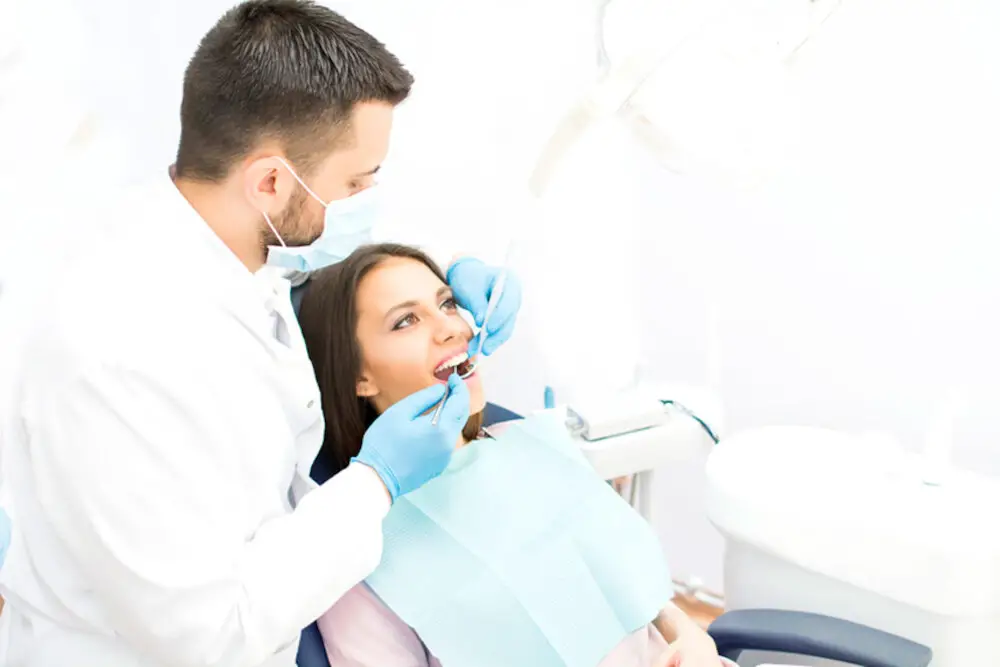
Brushing your puppy’s teeth is an essential part of maintaining their overall health. Proper dental hygiene can help prevent serious health issues such as gum disease, tooth decay, and even heart disease. However, it is essential to know how to brush your puppy’s teeth properly to ensure that you are not causing any harm to your furry friend. Firstly, it is important to choose the right toothbrush and toothpaste for your puppy. Using human toothpaste or a hard-bristled brush can be harmful to your puppy’s teeth and gums. Instead, choose a toothbrush with soft bristles and toothpaste specifically formulated for dogs. You can find these products at your local pet store or online. Secondly, it is important to make the toothbrushing experience as positive as possible for your puppy. Begin by allowing your puppy to sniff and explore the toothbrush and toothpaste before using it. Then, gently lift your puppy’s lip to expose their teeth and gums. Start by brushing the front teeth and gradually work your way to the back. Be sure to brush all surfaces of your puppy’s teeth and gums. Use circular motions and try to avoid brushing too hard. Finally, reward your puppy with plenty of praise and a treat to make the experience positive. With patience and consistency, your puppy will become accustomed to having their teeth brushed, and you’ll both benefit from a healthier smile. In conclusion, brushing your puppy’s teeth is an important aspect of their overall health. By choosing the right toothbrush and toothpaste and making the experience positive, you can help prevent serious health issues and maintain a healthy smile for your furry friend. Don’t forget to schedule regular dental check-ups with your veterinarian to ensure optimal dental health for your puppy.
Brushing your puppy’s teeth is an essential aspect of their overall health. However, it can be a challenging task for many pet owners, especially if you have a resistant pup. To make the process easier, start by introducing your dog to the toothbrush and toothpaste gradually. Begin by allowing your pup to sniff and lick the toothbrush and toothpaste, then move on to brushing a few teeth at a time. Use a soft-bristled toothbrush and enzymatic toothpaste designed specifically for dogs. Gently brush each tooth in a circular motion, making sure to reach all areas of the mouth. Reward your pup with praise and treats after each successful brushing. With patience and consistency, brushing your puppy’s teeth can become a positive experience for both you and your furry friend.
Brushing your puppy’s teeth can be a challenging task, but there are several tips to make the process as smooth and easy as possible. Firstly, start by introducing your puppy to the toothbrush and toothpaste gradually, allowing them to sniff and taste it. Secondly, choose a time when your puppy is relaxed and calm, such as after a meal or a walk. This will help them to be more cooperative during the process. Thirdly, use a small toothbrush with soft bristles that is specifically designed for dogs. Finally, use gentle circular motions to clean your puppy’s teeth and reward them with a treat or praise afterward to help make the experience positive. With these tips, you can help ensure optimal dental health for your furry friend.
Additional Tips for Optimal Dental Health
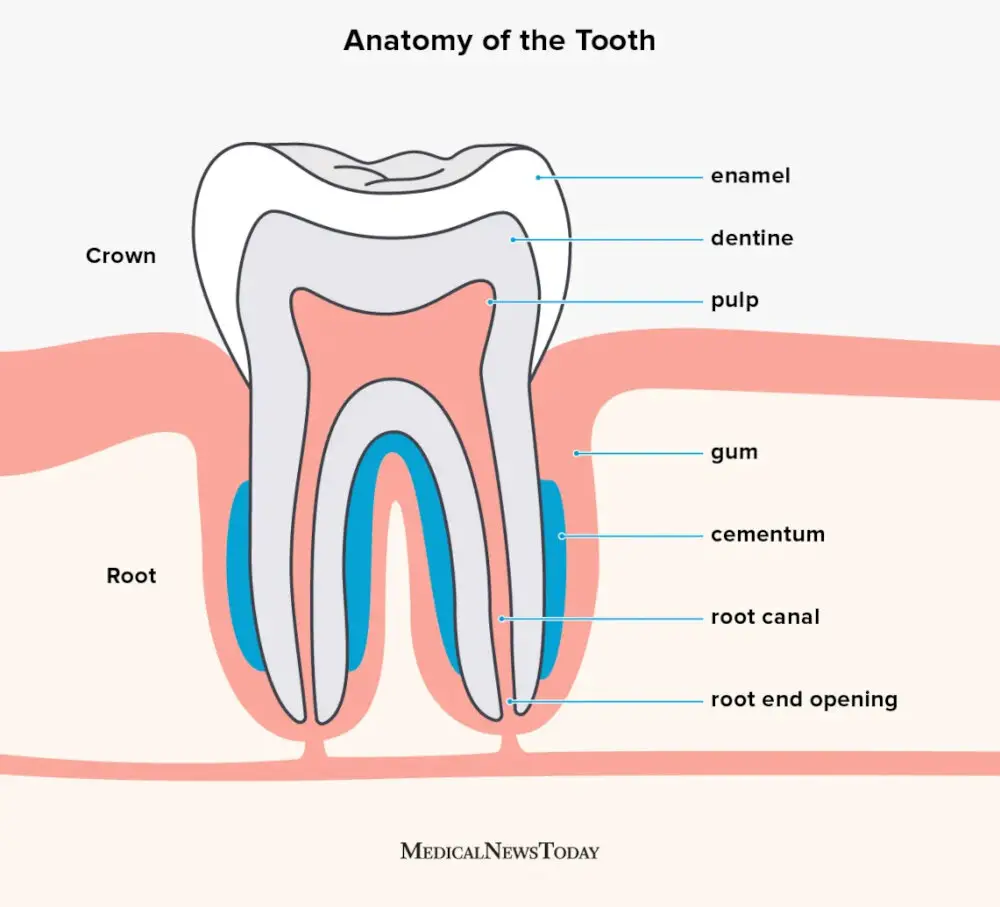
While brushing your puppy’s teeth is essential for maintaining their dental health, there are several additional tips to keep in mind to ensure optimal oral hygiene. One crucial aspect is maintaining a healthy diet. Feeding your pup a balanced diet that is rich in nutrients can help strengthen their teeth and gums, reducing the risk of dental problems. Avoid giving your furry friend sugary treats, as they can lead to tooth decay and contribute to the buildup of plaque. Instead, opt for dental chews or toys that are designed to clean your pup’s teeth while providing them with a healthy snack. Another tip for optimal dental health is to visit your veterinarian regularly. Your vet can perform a thorough dental examination and clean your pup’s teeth professionally if needed. Additionally, they can provide you with advice on how to care for your dog’s teeth and gums, such as recommending dental products that are safe and effective for your pup. By following these additional tips, you can help ensure that your furry friend maintains optimal dental health and enjoys a healthy, happy life.
While brushing your puppy’s teeth is an essential part of maintaining their dental hygiene, there are other ways to promote healthy teeth and gums. Providing your puppy with chew toys and bones that are specifically designed to clean teeth can help remove plaque and tartar buildup. Additionally, offering healthy treats such as carrots or apples can also help keep teeth clean. Regular dental check-ups with a veterinarian are also crucial for detecting any potential dental issues early on. It’s important to make dental hygiene a priority for your puppy to ensure they have a happy and healthy life.
In addition to regular toothbrushing, certain foods and treats can help keep your puppy’s teeth healthy. Crunchy treats like carrots, apples, and green beans can help scrape away plaque and tartar buildup on their teeth. Additionally, dental chews and bones specifically designed for dental health can also help promote healthy teeth and gums. It’s important to ensure that any treats or bones given to your puppy are appropriate for their size and age to prevent choking. Incorporating these foods and treats into your puppy’s diet can be a tasty and beneficial way to maintain their dental health.
Dental hygiene is crucial to maintain the overall health of puppies, just like humans. Poor dental hygiene can lead to various dental problems such as gum diseases, tooth decay, bad breath, and even systemic infections that can affect the heart, liver, and kidneys. Regular brushing of your puppy’s teeth can help prevent the build-up of plaque and tartar, which are the primary causes of dental problems. It is essential to start dental hygiene routines early on in your puppy’s life to ensure they become accustomed to the process. Neglecting dental health can lead to severe consequences, so it is vital to establish good dental hygiene habits and regularly take your puppy for dental check-ups.
Maintaining good dental hygiene for your puppy is crucial for their overall health and well-being. In addition to brushing their teeth regularly, there are other steps you can take to keep their teeth healthy and clean. One important tip is to provide your puppy with plenty of chew toys and dental treats to help keep their teeth clean and strong. Additionally, regular dental check-ups with your veterinarian can help identify any potential issues early, before they become more serious. By taking these steps and brushing your puppy’s teeth regularly, you can help ensure that they have healthy teeth and gums for years to come.
Conclusion
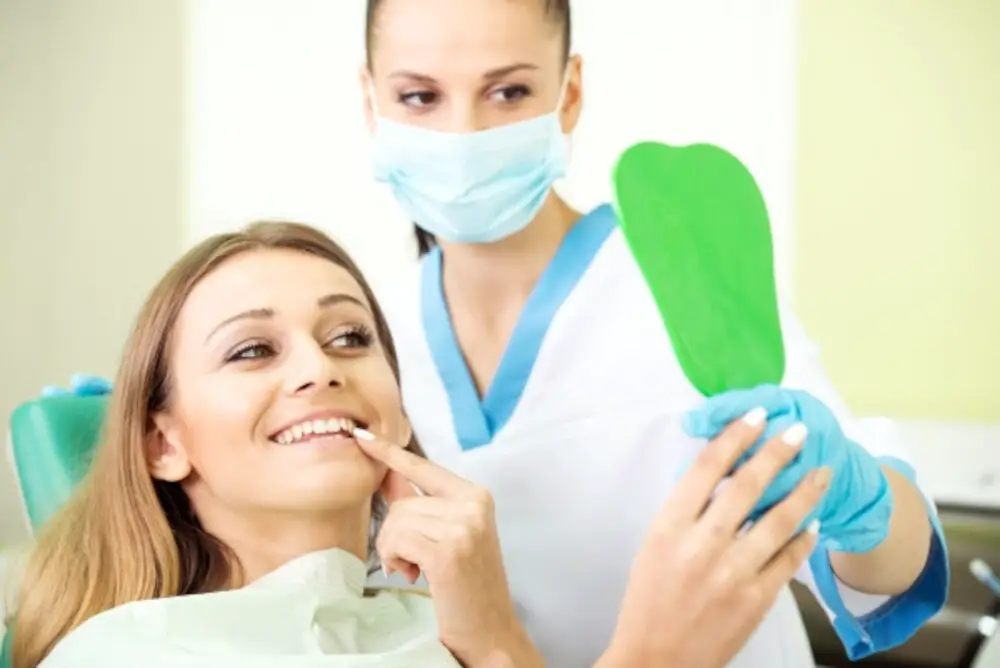
In conclusion, taking care of your puppy’s dental health is crucial for their overall well-being. Brushing their teeth regularly with a proper toothbrush and toothpaste, as well as providing dental chews and toys, can help prevent dental problems such as cavities, gum disease, and bad breath. It is important to start brushing your puppy’s teeth at a young age and to make it a positive experience for them. With patience and persistence, you can establish a dental care routine that will keep your furry friend’s teeth healthy and strong. So, take the necessary steps now and ensure your puppy’s dental health for a happy and healthy life ahead.

